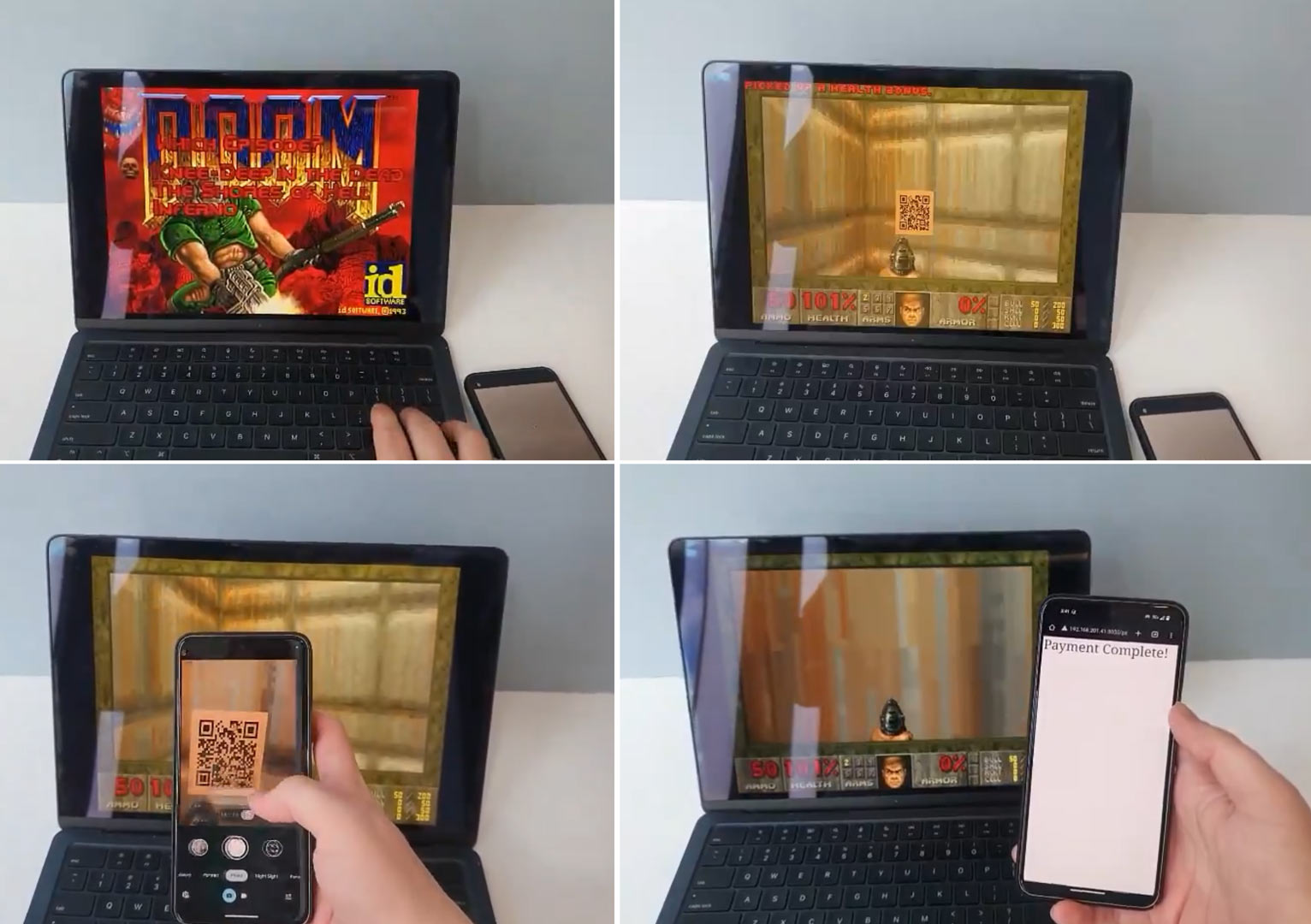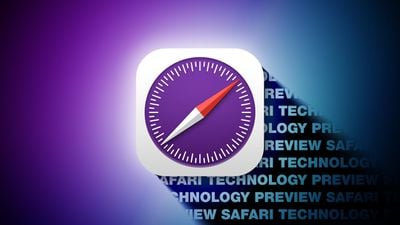A hardware and software enthusiast, who admits he likes a little nonsense, has added microtransactions to DOOM. With Guy Dupont’s DOOM modevery time you pick up an item in the game a fee needs to be paid via a QR code. DOOM launched in 1993 as a shareware title, and perhaps Dupont’s mod is here to make us think about how game makers generate income 30 years later. Or perhaps it is just nonsense.
We need to STOP running DOOM on new thingsand START putting new things into DOOM.For example, today I added micro-transactions to the original game. Any time you pick up an item, the game freezes until you make a payment. pic.twitter.com/p9j9eYyOwJApril 13, 2024
In Dupont’s Tweet/X post, embedded above, you can read his thoughts about the tech world’s obsession with running DOOM on everything, as well as a video demo of how DOOM microtransactions are not too subtly blended into the gameplay. “We need to STOP running DOOM on new things and START putting new things into DOOM” asserted the humorous technophile.
This story does indeed make a change from reporting on DOOM running on increasingly unlikely hardware, like a lawnmower, or at 60fps in Notepad, or even in a keycap. But choosing to put microtransactions in this seminal title was surely done to provoke gamers with a sensitive disposition.
As mentioned in the intro, DOOM debuted as a shareware title in December 1993. It was uploaded to an FTP server at the University of Wisconsin in a form that provided access to the first of nine game levels for free. Only those compelled to venture further would need to pay for the full game.
DOOM wasn’t remarkable for being shareware though, as many titles before and after used this business model where a level-limited, time-limited, or feature-limited version of a game was free to play and share with friends and colleagues. Actually, DOOM’s success is bittersweet to some of us, as it became the killer app for PCs, relegating home computers like the Amiga and ST to history.

Getting back on topic, shareware was understood by gamers to be a fair and reasonable way for companies to finance game development. However, you won’t find many kind words regarding microtransactions. The largest bone of contention is when companies try to make microtransactions part of the business model is when they are shoehorned into full-price games. It might be annoying but reasonable to see microtransactions in a free-to-play title, but many wish this business practice was kept out of AAA+ games that are starting to cost $70 for the cheapest edition.
Though we grumble about microtransactions, we must find some solace in the fact that game companies have temporarily shelved their get-rich-quick NFT-based shenanigans.







